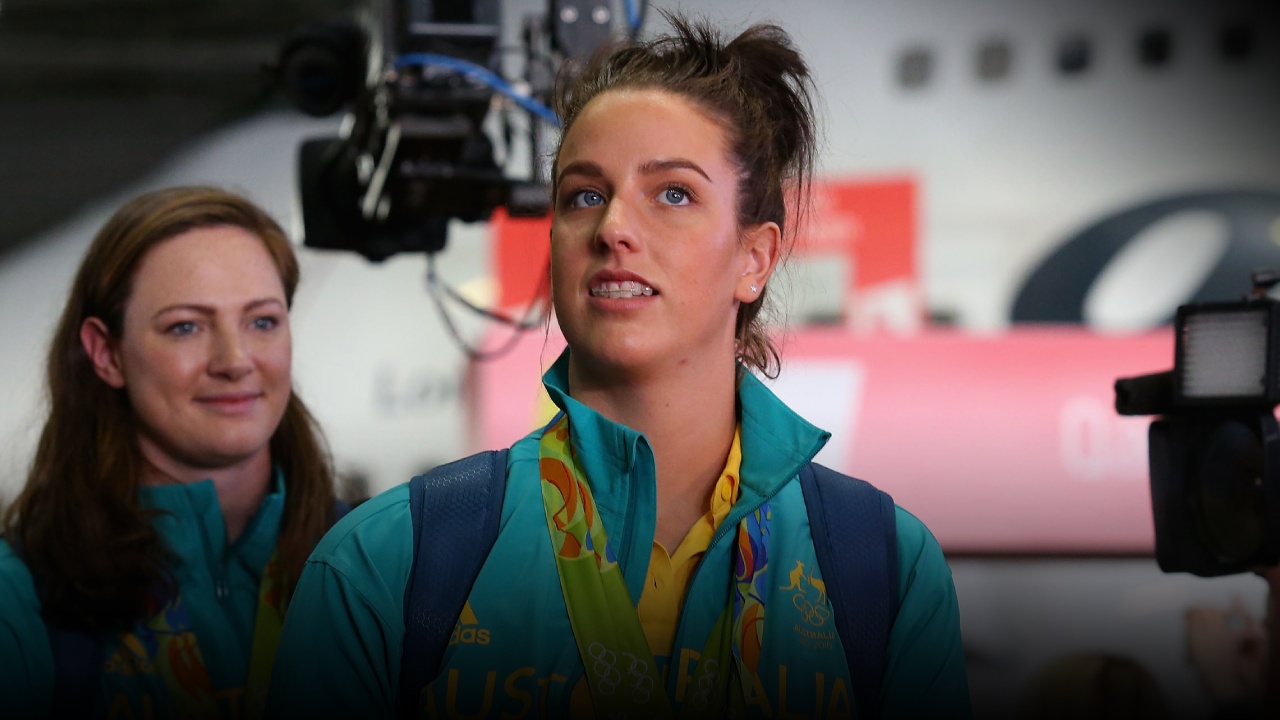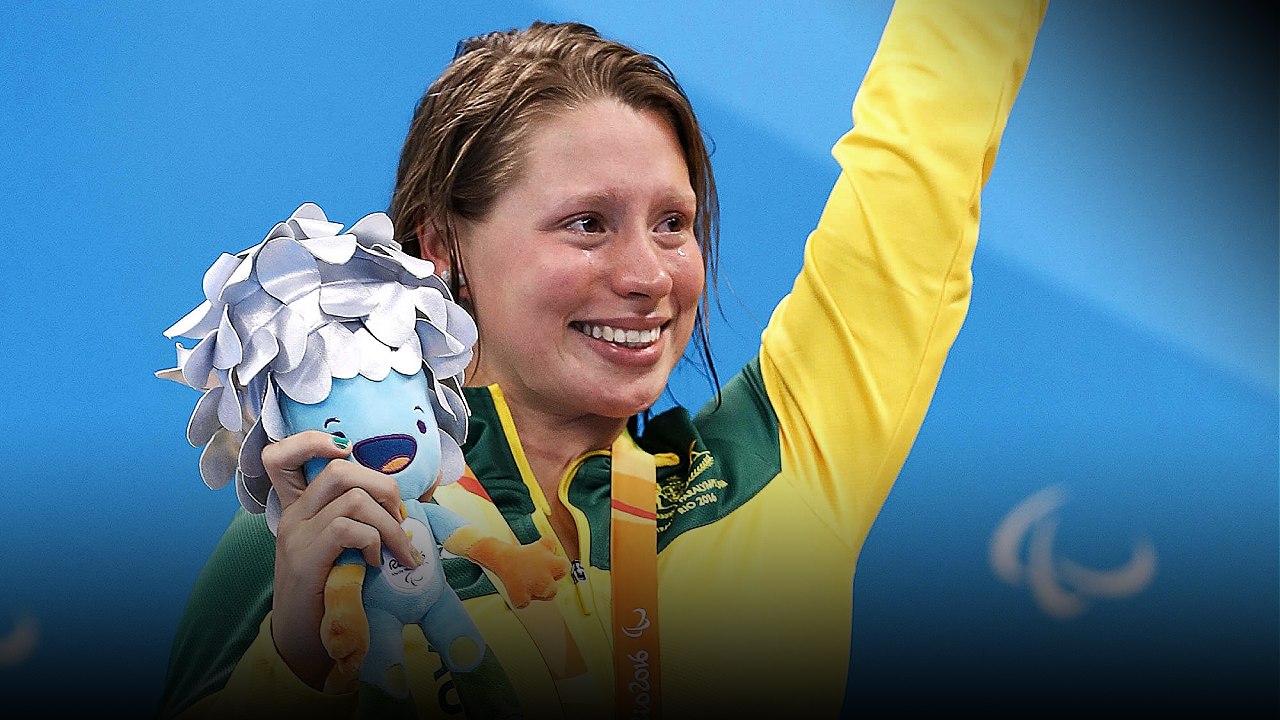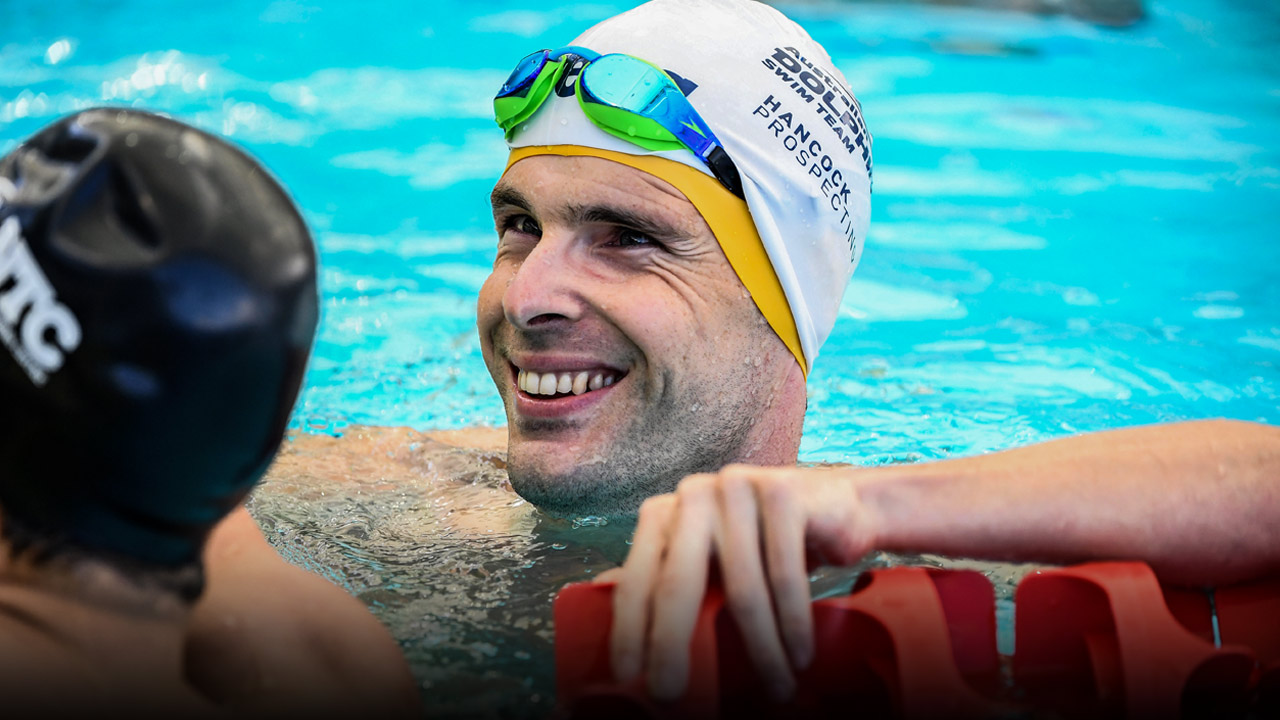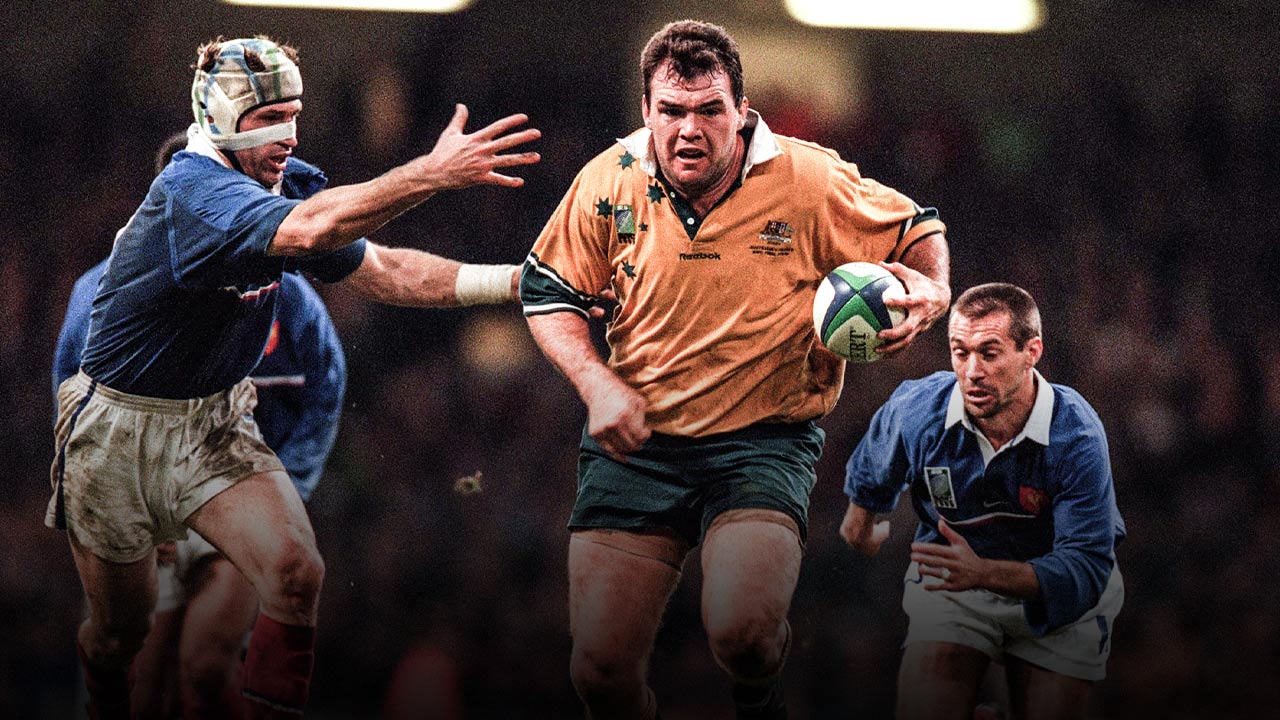I watched and supported every member of the Australian swim team during the World Championships. I was inconsolable as I watched my teammate, Ariane Titmus, win the 400 freestyle, and my teammates do an outstanding job in the 4×100 and 4×200 freestyle relays, as they were both relays I had hoped to be a part of during my time at Worlds.
I trained hard to be over there racing and to support the team, but I understood the rules of ASADA, and I have followed all their processes. Deep down, I feel I shouldn’t have to defend my reputation as I know that I didn’t do this.
I have never missed a random drug test, and I always have my whereabouts up to date. In Australia, in a sport like swimming, I feel there is no possible way for an athlete to intentionally take a banned substance and not get caught.
I get tested approximately every four to six weeks, so why would I take anything banned and do this to myself? Especially leading up to competition where I could be tested daily?
Why would I put myself through this anguish and risk jeopardising my career and my character? I did not and would not cheat and will continue to fight to clear my name.

‘OUT OF THEIR DEPTH’
Former CEO of the Australia Sports Anti-Doping Authority Richard Ings said: “Swimming Australia seem a little out of their depth on this matter.”
Speaking on The Project on Sunday night, Ings said he did not believe it was a cover-up but added, “It’s certainly a valuable lesson for Swimming Australia and ASADA”.
“Sports globally do announce provisional suspensions because you can’t keep a secret when a top, famous athlete suddenly disappears from competition,” Ings said.
“I hope the rules change to allow ASADA and Swimming Australia to make announcements in future.”
Swimming Australia CEO Leigh Russell on Sunday described Jack’s A sample positive drug test as bitterly disappointing and embarrassing for the national swimming team, the sport and the country.
Russell reiterated the governing body was unable to go public with the news of the provisional sample unless ASADA or Jack did so first, but spoke about wanting to review that policy to avoid situations like this in the future.
“I do want to say that while an Australian athlete returning an adverse result is both bitterly disappointing and embarrassing to our team, our sport and our country, it does not in any way change the zero-tolerance view that Swimming Australia has, and our continuing fight for a clean sport,” Russell said.
“We must not speak publicly … we have some very strict confidentiality agreements in place.
“I think that’s a conversation that we’d be interested in having (changing the policy) at a later stage. Particularly I think it makes it very tough for national sporting organisations to be transparent.”
More about: Swimming




 Load More
Load More